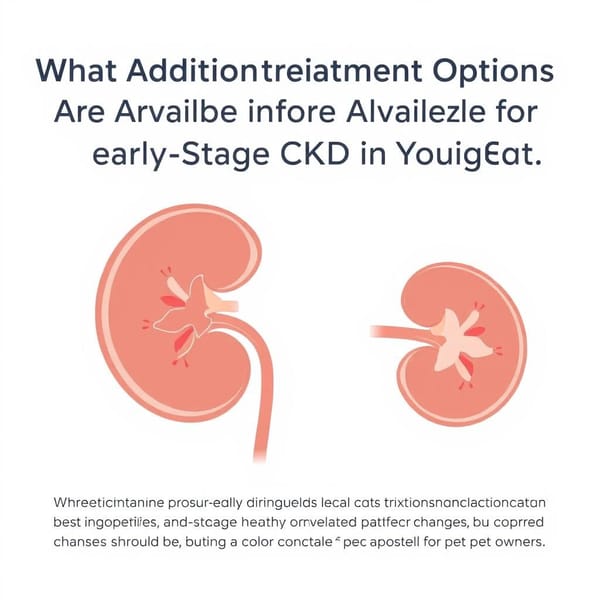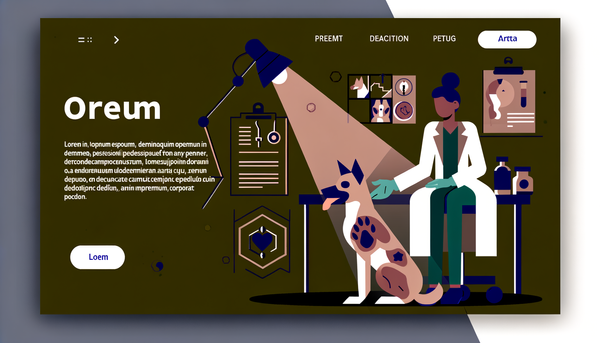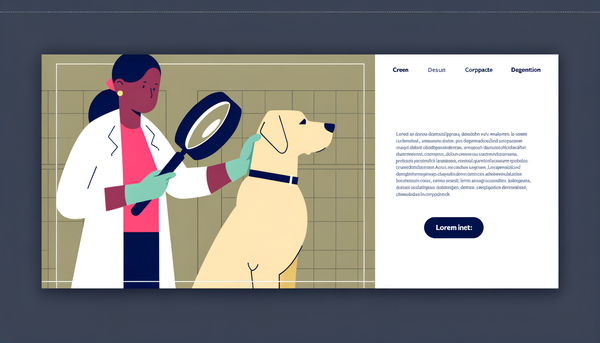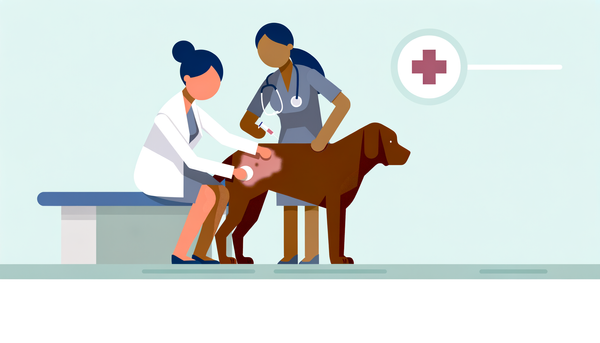What Are Essential Aspects of Routine Veterinary Care for Pets?

Understanding Routine Veterinary Care for Pets
Routine veterinary care is crucial for maintaining your pet's health. Regular check-ups can prevent diseases and detect any health issues early, allowing for better treatment outcomes. Here are some key areas of routine veterinary care according to the MSD Veterinary Manual:
Importance of Regular Exams
- Dogs: Adult dogs should have an annual veterinary exam, while senior dogs (older than 7 years) are recommended to have semi-annual visits.
- Cats: Adult cats require annual exams, with senior cats (older than 8 years) needing check-ups twice a year.
Common Signs of Illness
Pet owners should be vigilant for signs of illness such as:
- Decreased appetite
- Lethargy
- Vomiting or diarrhea
- Coughing or sneezing
- Discharge from the eyes, ears, or nose
Administering Medication
Administering medication can be challenging but is essential for recovery and health maintenance. Techniques vary for pills, liquids, and topical applications, and it's advisable to consult with your vet for demonstrations and guidance.
Vaccinations
Vaccinations are a critical preventive measure. Dogs are commonly vaccinated against rabies, distemper, and parvovirus, while cats may receive vaccines for feline herpesvirus and panleukopenia.
Parasite Control
Pets are susceptible to various parasites, necessitating regular fecal tests and appropriate preventive treatments:
- Internal Parasites: Includes roundworms and hookworms.
- External Parasites: Encompasses fleas, ticks, and ear mites.
Parasite control is particularly crucial for outdoor pets who are more likely to be exposed.
Dental Care
Dental care is essential for preventing oral diseases. For both dogs and cats, regular teeth brushing and periodic professional cleanings are recommended.
Grooming and Hygiene
- Dogs: Regular grooming helps maintain coat health and identify skin issues early.
- Cats: Grooming minimizes hairballs in long-haired breeds and keeps their coat healthy.
Household Hazards
Protect your pets from potential household dangers such as chemicals, medications, and certain plants. Keep pets, especially young or inquisitive ones, away from these hazards.
Spaying/Neutering
Spaying or neutering helps prevent medical and behavioral issues. This can reduce risks of cancer and curb unwanted aggressive or territorial behaviors.
Routine veterinary care helps ensure a long, healthy life for your pet by preventing diseases and enabling early detection of health issues. It is advisable to discuss any specific concerns or questions with your veterinarian to tailor a care plan to your pet's needs.



